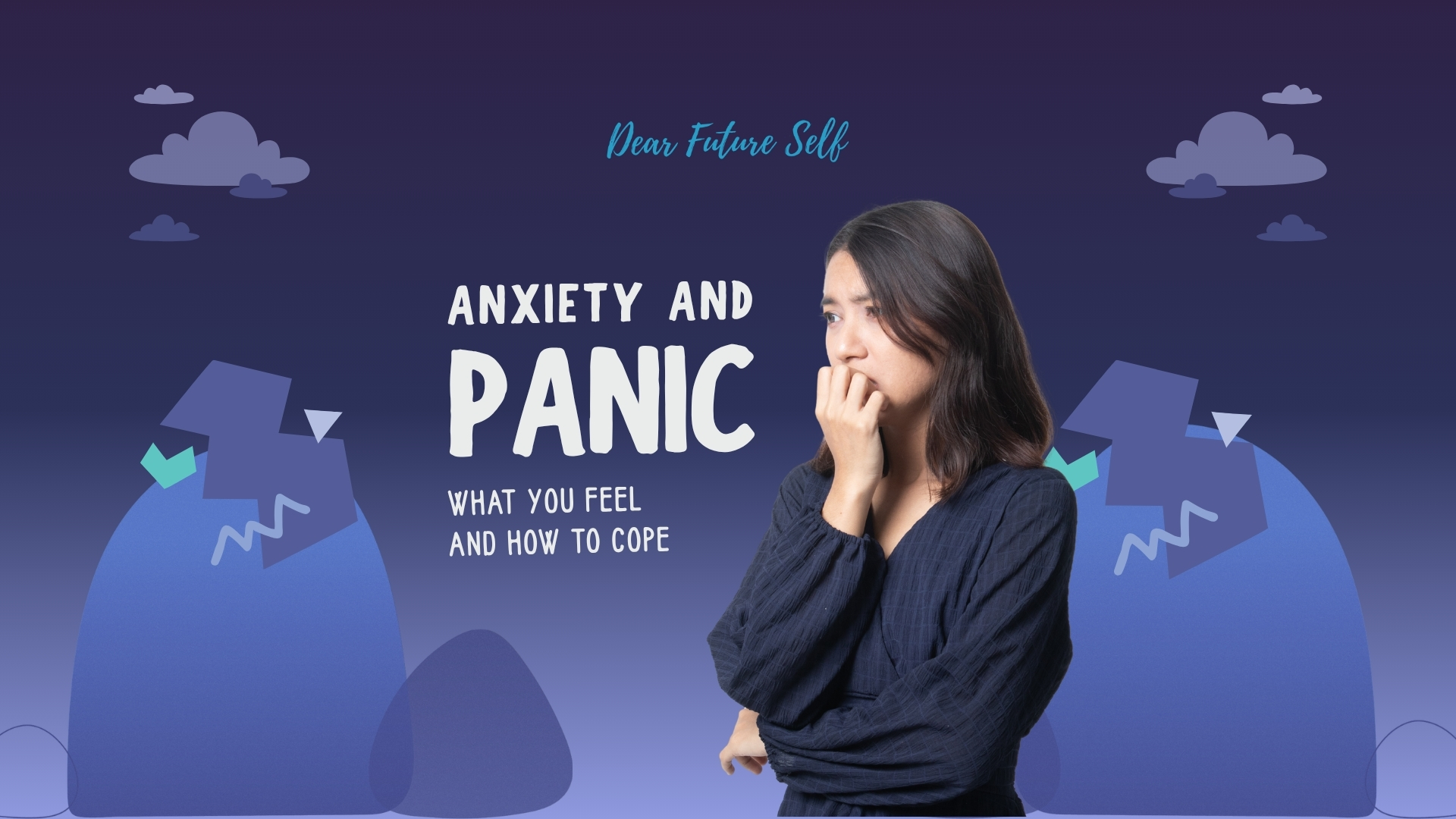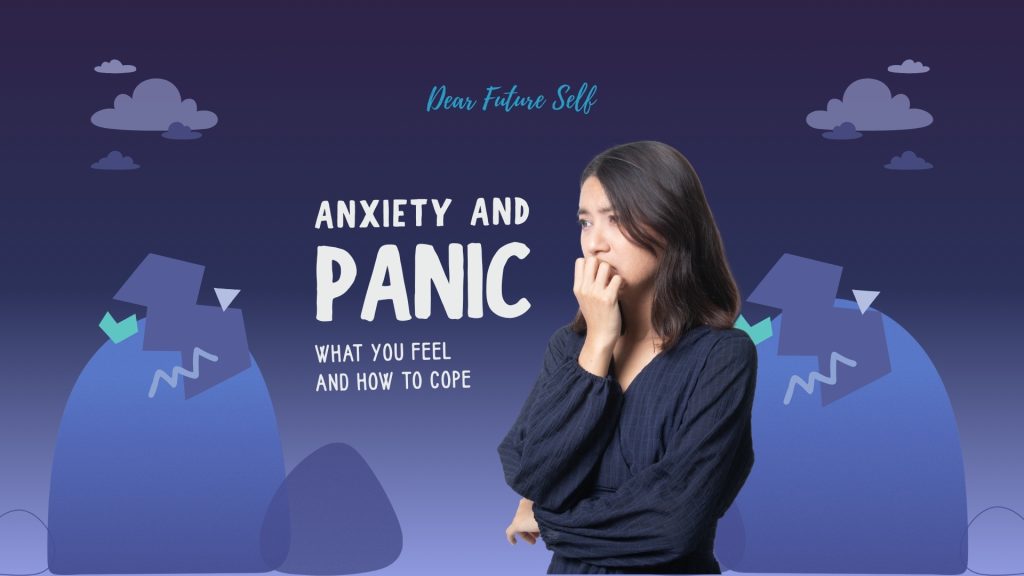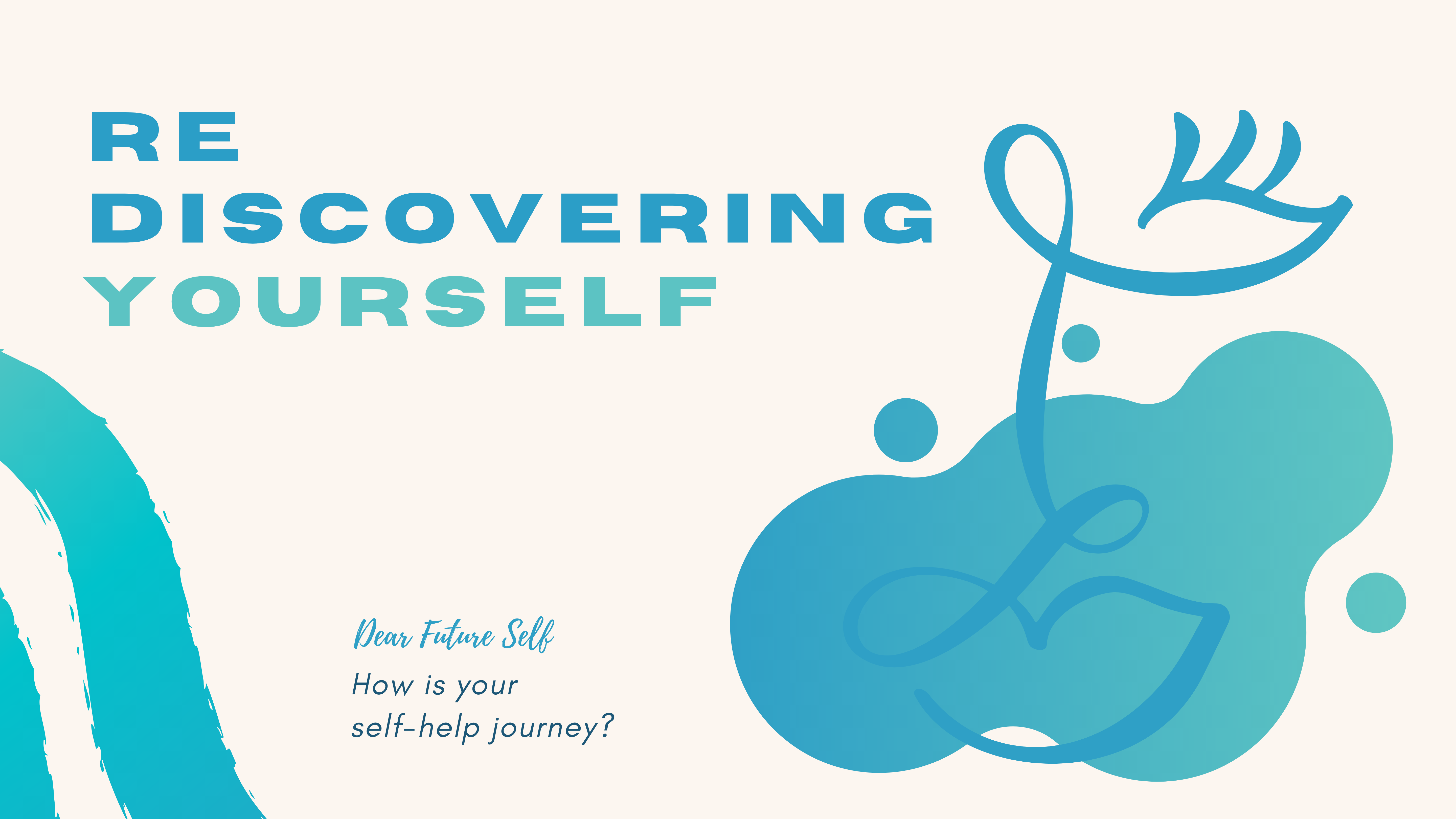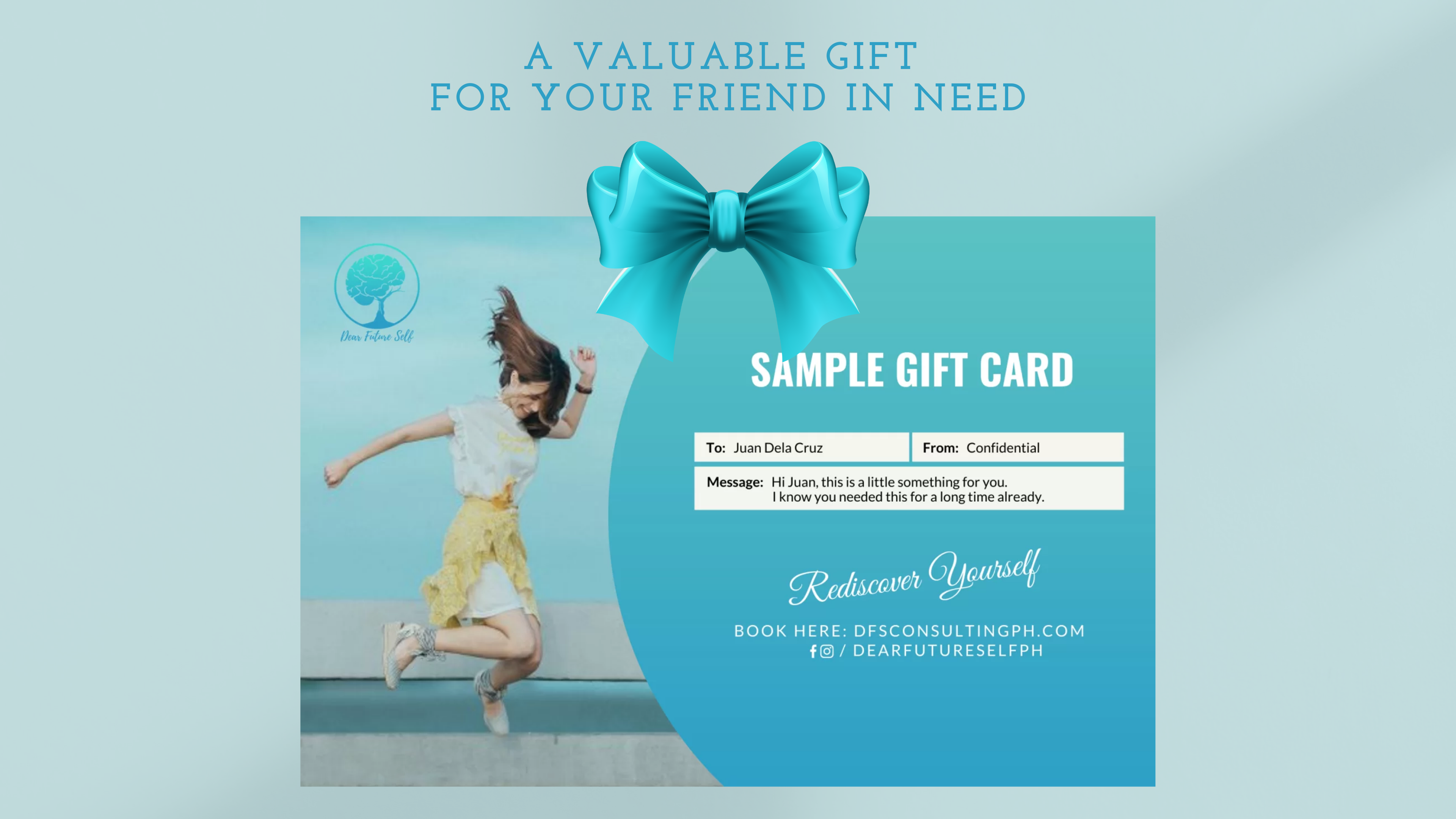
09 Jul Anxiety & Panic: What You Feel and How to Cope
Anxiety and Panic Attacks: Symptoms, Daily Impact, and Proven Coping Strategies
Ever felt your heart race for no reason, or like your thoughts just won’t stop? You’re not alone. Millions of people silently battle anxiety and panic every day—at work, in social settings, even at home. Whether it’s a constant sense of worry or sudden waves of fear that seem to come out of nowhere, these experiences are real—and they can be overwhelming. The good news? You’re not stuck with it.
Anxiety is a natural human response to stress or perceived danger. It can be helpful in short bursts, motivating us to act or avoid harm. But when anxiety becomes overwhelming, persistent, or triggers sudden panic, it can significantly interfere with a person’s quality of life.
This article will help you understand what anxiety and panic really feel like, how they impact daily life, and what you can do to feel more in control.
What Do People Feel and Experience When They Have Anxiety?
People with anxiety often report a range of physical, emotional, and cognitive symptoms:
Common Symptoms of Anxiety:
Physical:
- Rapid heartbeat or palpitations
- Shortness of breath
- Muscle tension
- Dizziness or lightheadedness
- Sweating or chills
- Stomach discomfort or nausea
- Fatigue or restlessness
Emotional/Cognitive:
- Persistent worry or fear
- Feelings of dread or impending doom
- Difficulty concentrating
- Racing thoughts
- Irritability or feeling on edge
- Sleep disturbances
Panic Attacks:
A panic attack is a sudden, intense surge of fear or discomfort that peaks within minutes. During a panic attack, a person may feel like they are:
- Dying or having a heart attack
- Losing control or “going crazy”
- Detached from reality (derealization) or themselves (depersonalization)
Panic attacks can occur unexpectedly or be triggered by specific situations or fears.
How Anxiety Affects Day-to-Day Living
Chronic anxiety can deeply affect every aspect of daily life, including:
- Work or School: Trouble focusing, avoiding tasks, or underperforming due to fear of failure or judgment.
- Relationships: Increased irritability, avoidance of social interactions, or becoming overly dependent on others for reassurance.
- Physical Health: Tension-related pain, insomnia, or gastrointestinal issues.
- Daily Activities: Avoidance of specific places or situations (like driving, shopping, or public speaking) due to fear of triggering symptoms.
Some individuals develop avoidance behaviors, limiting their lifestyle significantly in an attempt to prevent anxious feelings, leading to isolation or dependency.
How to Cope With Anxiety and Panic
The good news is that anxiety and panic are highly treatable. Here are some evidence-based coping strategies and treatments:
1. Breathing and Grounding Techniques
- Deep breathing: Inhale slowly for 4 counts, hold for 4, exhale for 4. Repeat.
- 5-4-3-2-1 grounding: Focus on your senses—name 5 things you see, 4 you can touch, 3 you can hear, 2 you can smell, and 1 you can taste.
2. Cognitive-Behavioral Therapy (CBT) by Dear Future Self PH
- A structured, short-term therapy that helps you identify and challenge unhelpful thoughts and behaviors related to anxiety.
- Often includes exposure therapy to gradually face feared situations in a safe way.
3. Lifestyle Changes
- Exercise: Regular physical activity reduces stress and boosts mood.
- Nutrition: Avoid caffeine, alcohol, and sugar spikes, which can worsen anxiety.
- Sleep hygiene: Establish a calming bedtime routine and consistent sleep schedule.
4. Medication
- Antidepressants (like SSRIs) or anti-anxiety medications (like benzodiazepines, used cautiously) may be prescribed under medical supervision.
5. Mindfulness and Meditation
- Practicing mindfulness helps people become aware of their thoughts and feelings without judgment, reducing the intensity of anxiety.
6. Support Systems
- Talking to trusted friends or family can offer relief.
- Support groups provide a shared space to connect with others facing similar challenges.
Frequently Asked Questions (FAQs) About Anxiety and Panic
Q: Is anxiety a mental illness?
Yes, when it becomes chronic and interferes with daily functioning, anxiety is considered a mental health disorder. Common types include Generalized Anxiety Disorder (GAD), Panic Disorder, Social Anxiety Disorder, and Phobias.
Q: Can anxiety go away on its own?
Mild anxiety may pass with time or changes in lifestyle. However, persistent or severe anxiety often requires professional intervention to improve significantly.
Q: Are panic attacks dangerous?
While panic attacks feel very intense, they are not physically dangerous. However, repeated attacks can significantly impact well-being and should be addressed with care.
Q: Can children or teens have anxiety?
Yes, anxiety can affect people of all ages. It might look different in children—such as through irritability, school refusal, or physical complaints—but it’s very real and treatable.
Q: What’s the difference between stress and anxiety?
Stress is typically a response to an external cause (like a deadline) and subsides when the cause is removed. Anxiety is more internal, often persisting even without a clear external trigger.
Anxiety and panic are common, human experiences. But when they become overwhelming, they are also highly treatable. Whether you’re seeking help for yourself or supporting someone you care about, know that effective treatments exist and recovery is possible.
If you’re struggling, consider reaching out to a mental health professional for personalized support.
What can you do now to spare your ![]() from anxiety and panic?
from anxiety and panic?
Self-Help Corner
Seek Professional Help

Gift Certificates & Self-Care Package
Connect with Us




